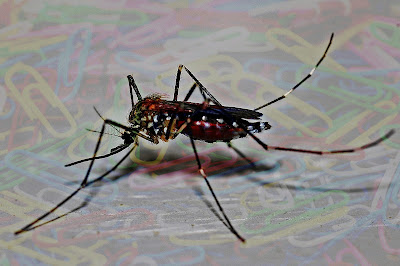We use the brain as an adjunct to our life, as a highly sophisticated tool to facilitate our actions. However, do the functions of the brain alone amply explain the whole of the human condition? W hen I throw a ball to someone else, I show the unfailing workings of a natural law. That however does not mean that I represent that law of physics, let alone become an embodiment of that law. Similarly, when a particular set of neurons in my brain gave rise to my intention to throw that ball, those neurons were merely involved in a physiological activity underlying that intention. That does not mean that this particular of set of neurons is the intention itself. My MP3 player tells me that exceeding a certain volume level may harm my hearing in the long term. By indicating that this man-made device is “telling me” something, I use here language that anthropomorphises an artefact. I could have said instead that a warning message is displayed on the music player's screen. But I use ...
.jpg)

